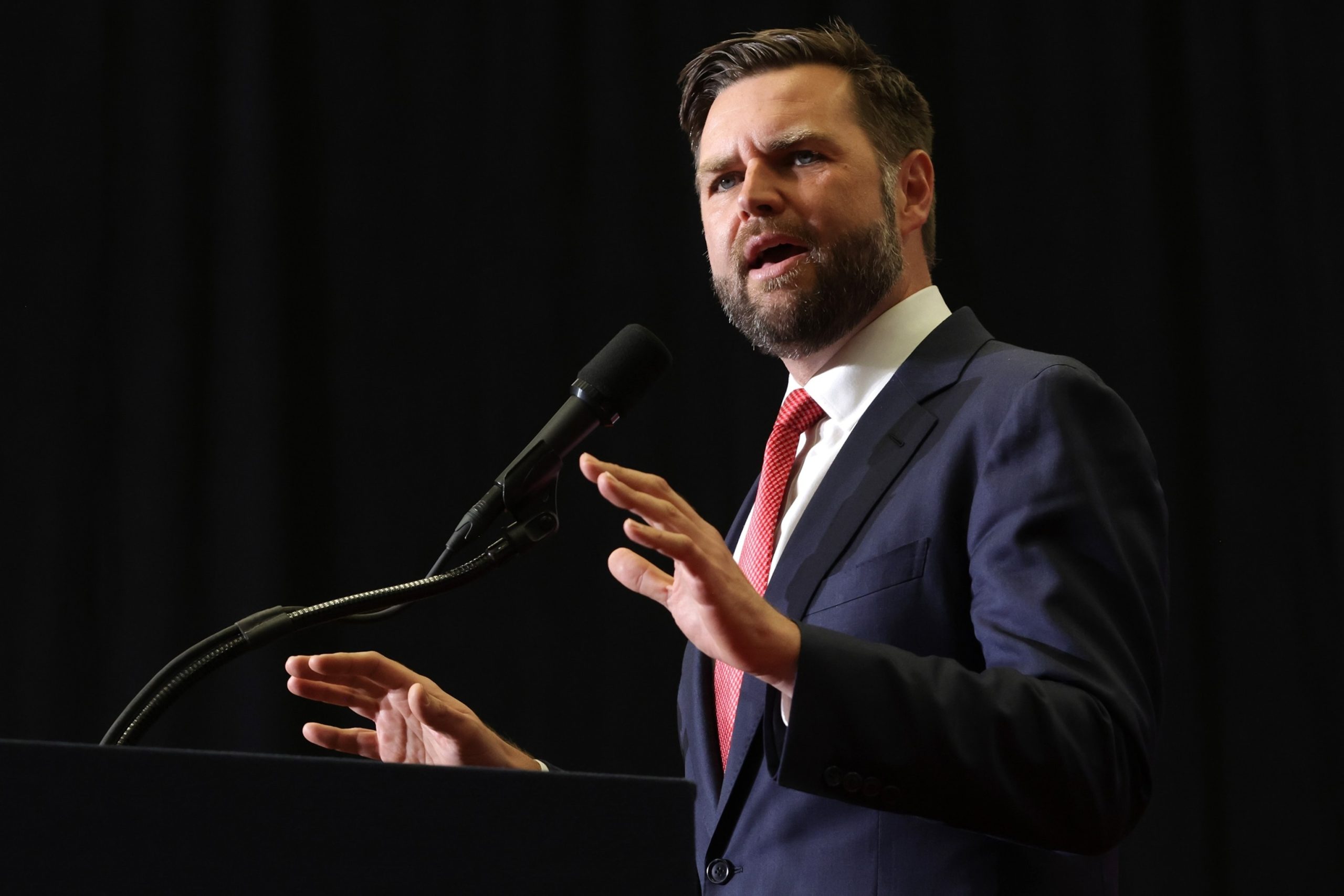J.D. Vance, Trump’s vice-presidential pick faces criticism over his past comments and his absence from a crucial Senate vote on expanding the child tax credit which could undermine his efforts to present himself as a strong supporter of families.
Trump’s VP Choice Faces Questions Over Support for Families
According to the report of Business Insider, Former President Donald Trump’s choice for vice president, J.D. Vance is under scrutiny for his past comments as he tries to present himself as supportive of families. In a recent interview on CBS’ “Face the Nation,” Vance suggested a $5,000 child tax credit per child to show the GOP’s commitment to family support. However, he admitted that it would be hard to make this proposal work without more support from Congress.
Currently, the child tax credit is $2,000 per child and itt was temporarily raised to $3,000-$3,600 during the pandemic but this increase ended in 2021. There has been some bipartisan support in the House for raising it again, but talks in the Senate have stalled because a 60-vote majority is needed to overcome filibusters. A recent Senate vote to expand the credit failed and Vance’s absence from this vote has been criticized.
READ ALSO: Schumer Prepares Vote on Bill to Expand Child Tax Credit in New York

Vance’s Absence from Senate Vote Raises Questions About His Commitment to Families
Vance called the recent Senate vote a “show vote,” saying it wouldn’t have passed even if he had been there. This response may give Democrats more ammunition to attack him as they aim to keep the White House hold the Senate and possibly win the House in the upcoming election.
Vance’s plan to increase the child tax credit to $5,000 contrasts with his past controversial statements and recent actions. His absence from the important Senate vote and his dismissive comments about it could hurt his credibility as he tries to present himself as a strong advocate for families.
READ ALSO: New York Governor Hochul Announces Enhanced Child Tax Credit
As the election nears both parties will likely use these issues to influence voters and shape their campaign strategies.
